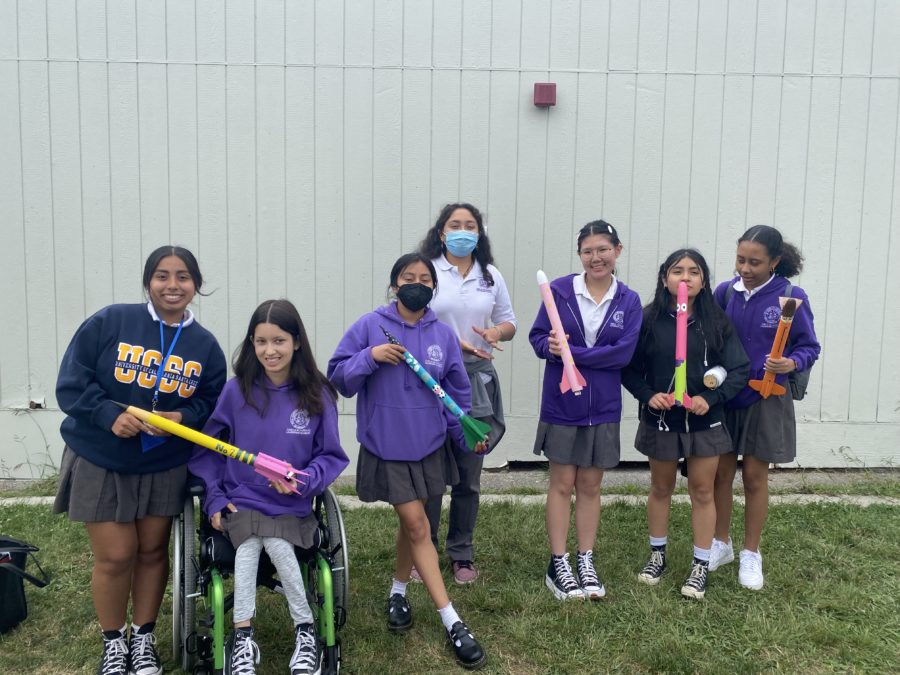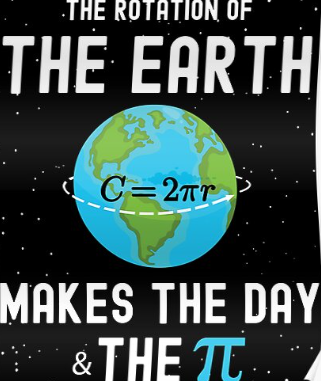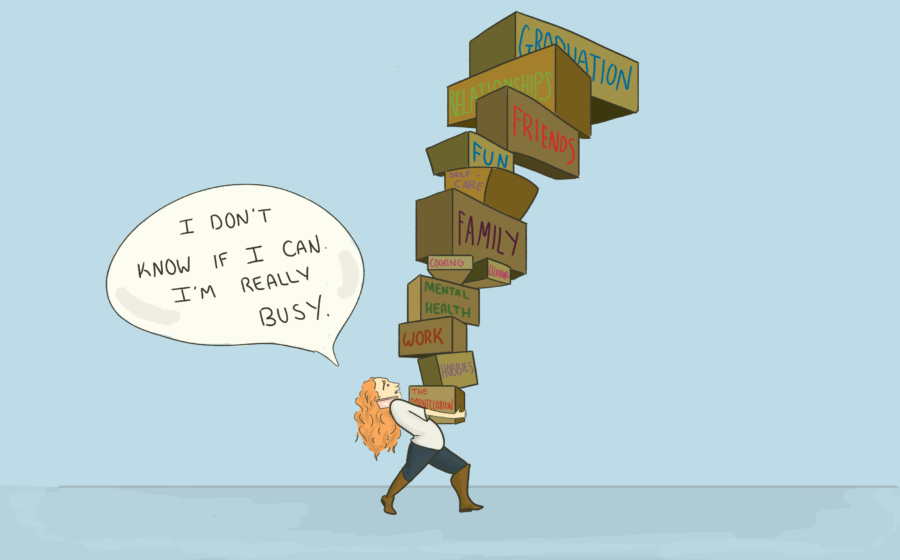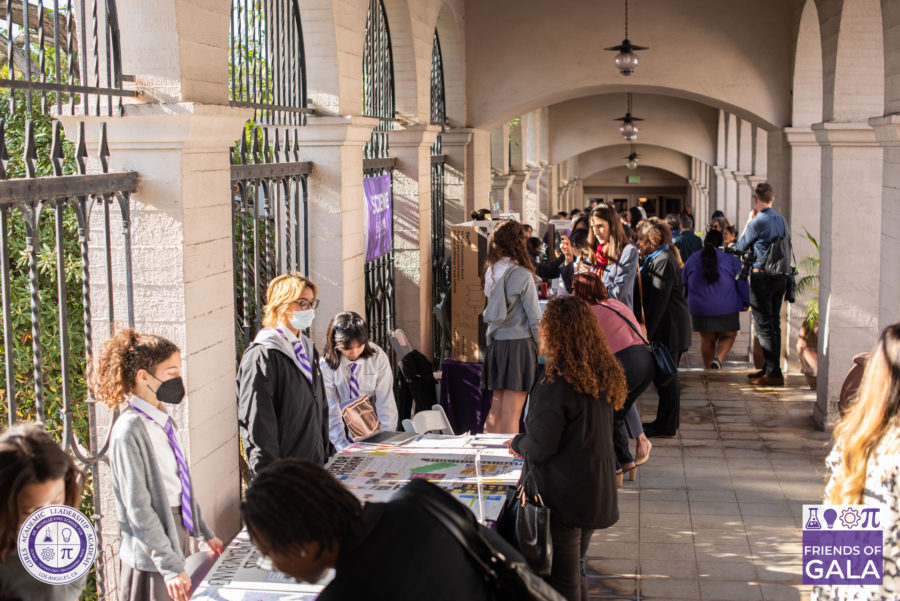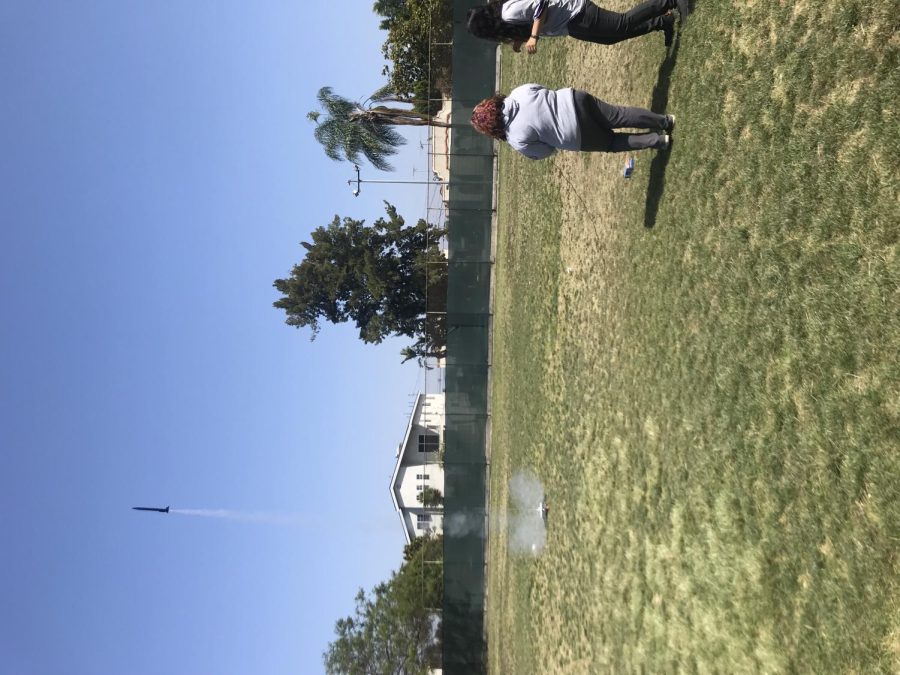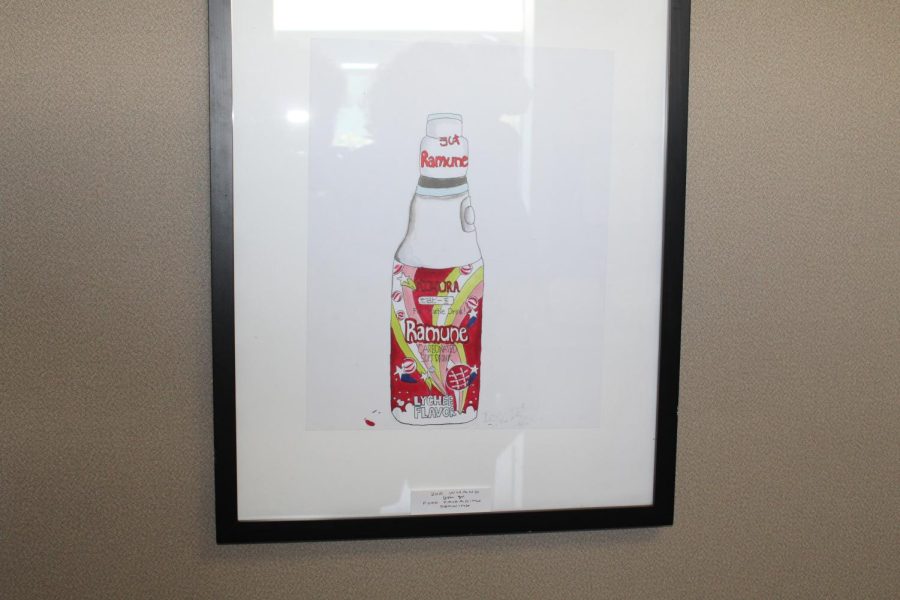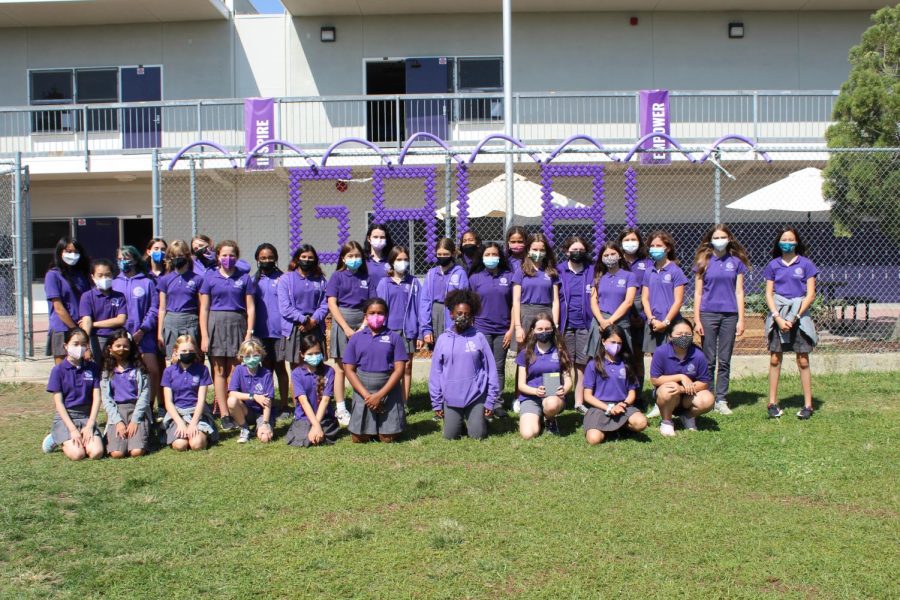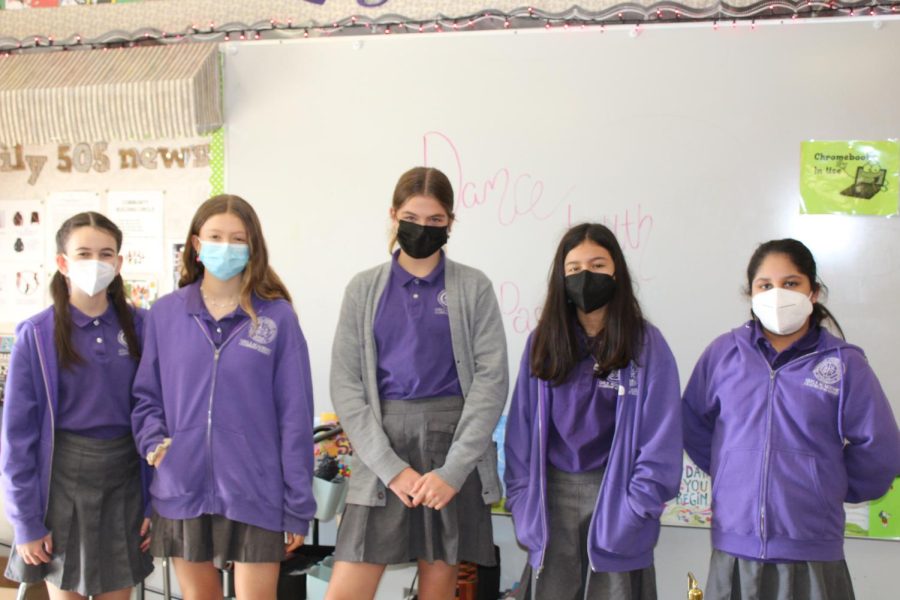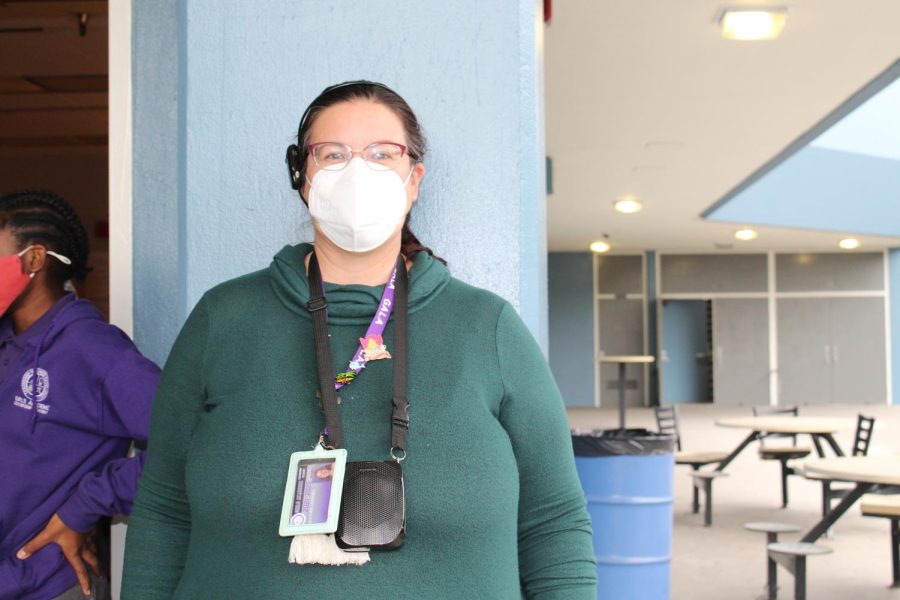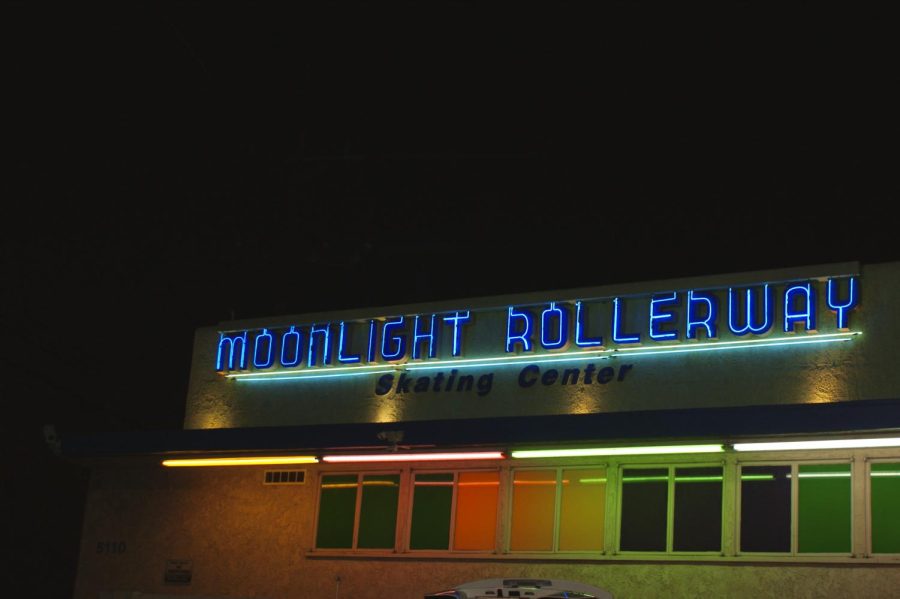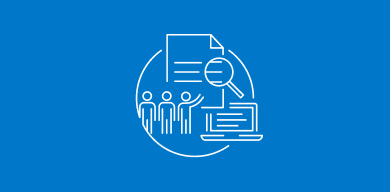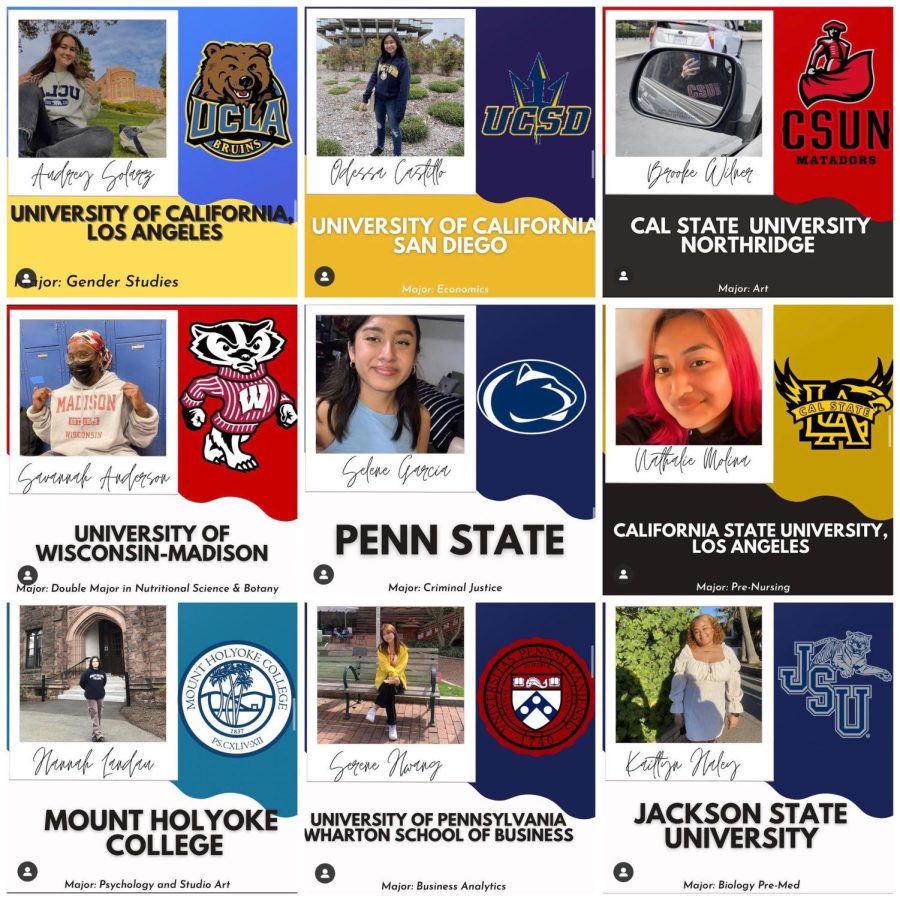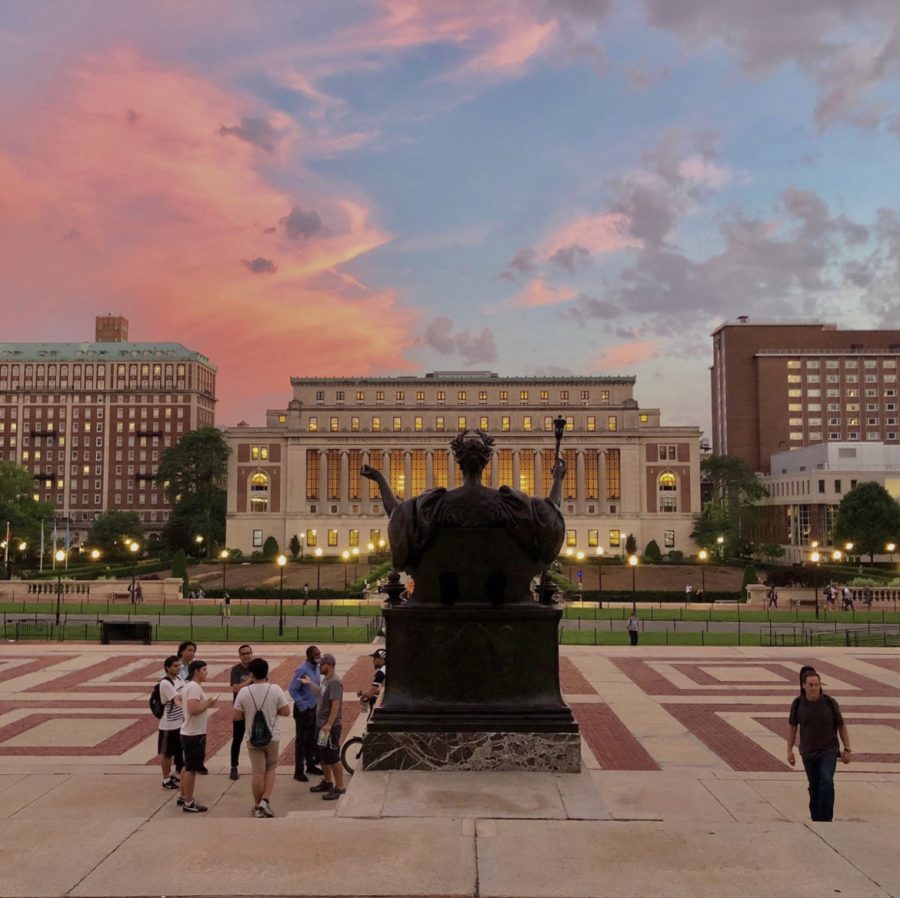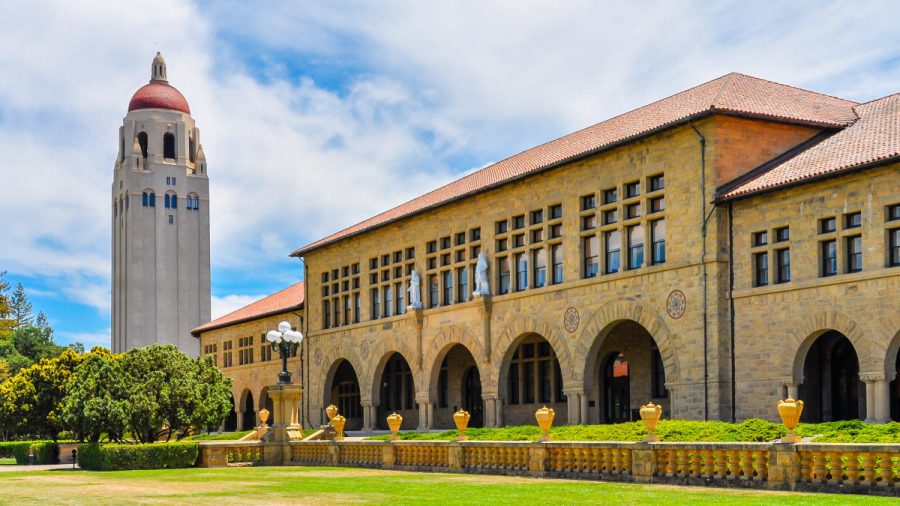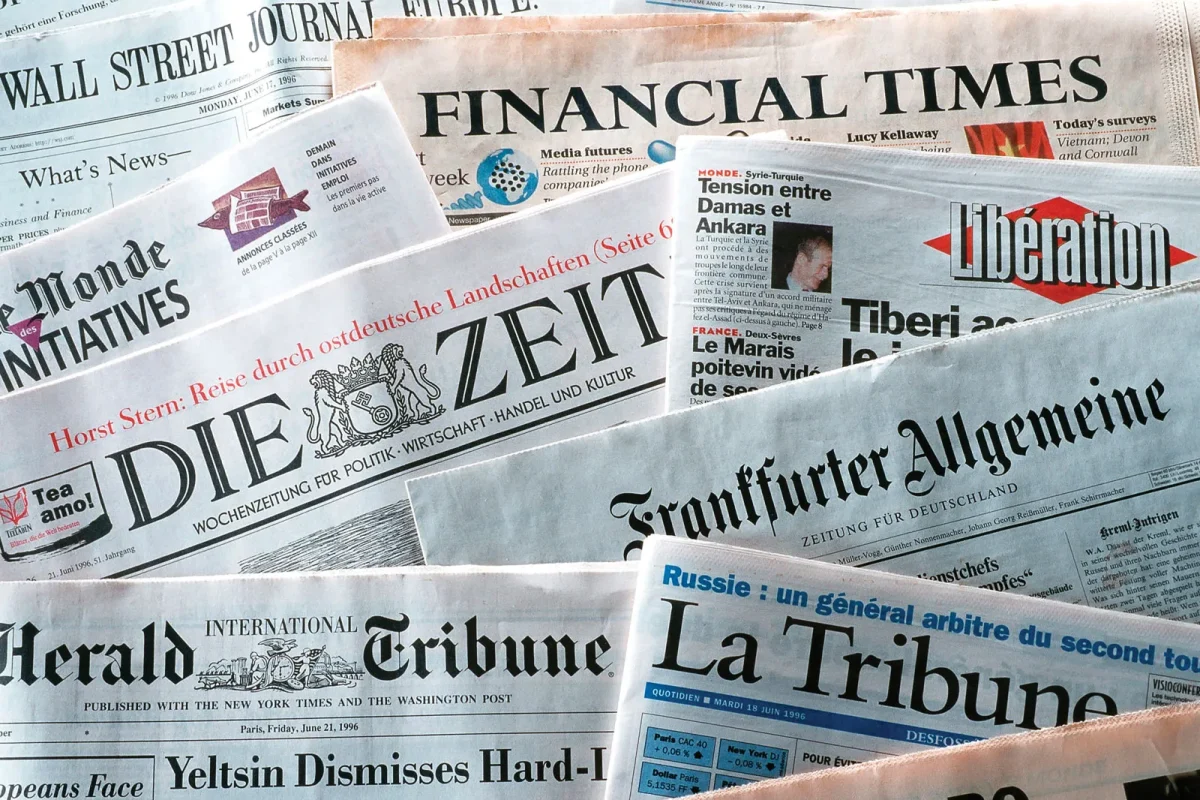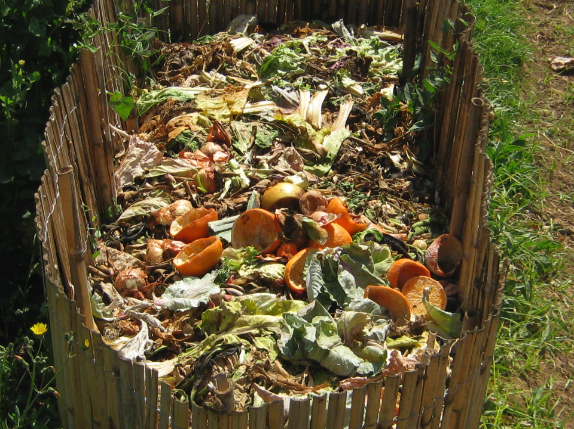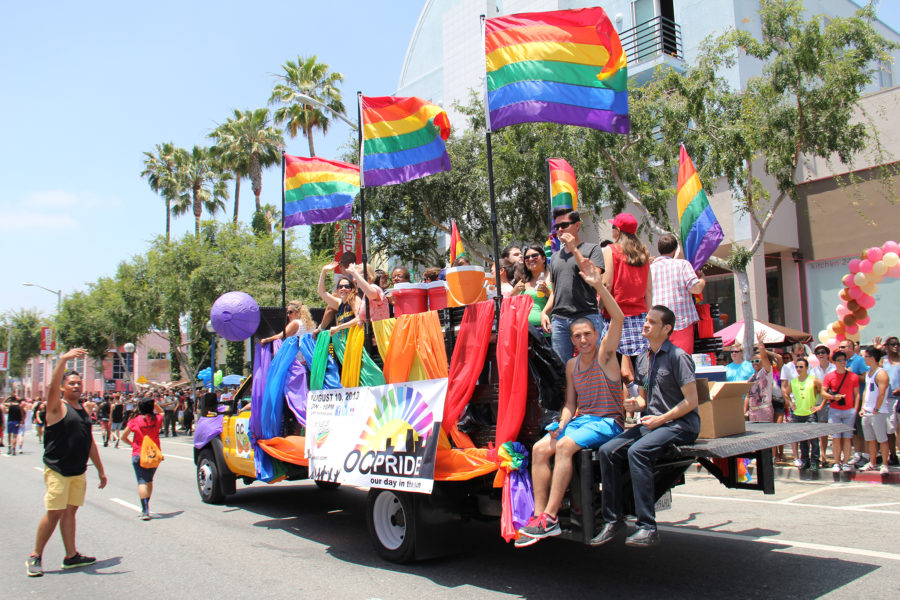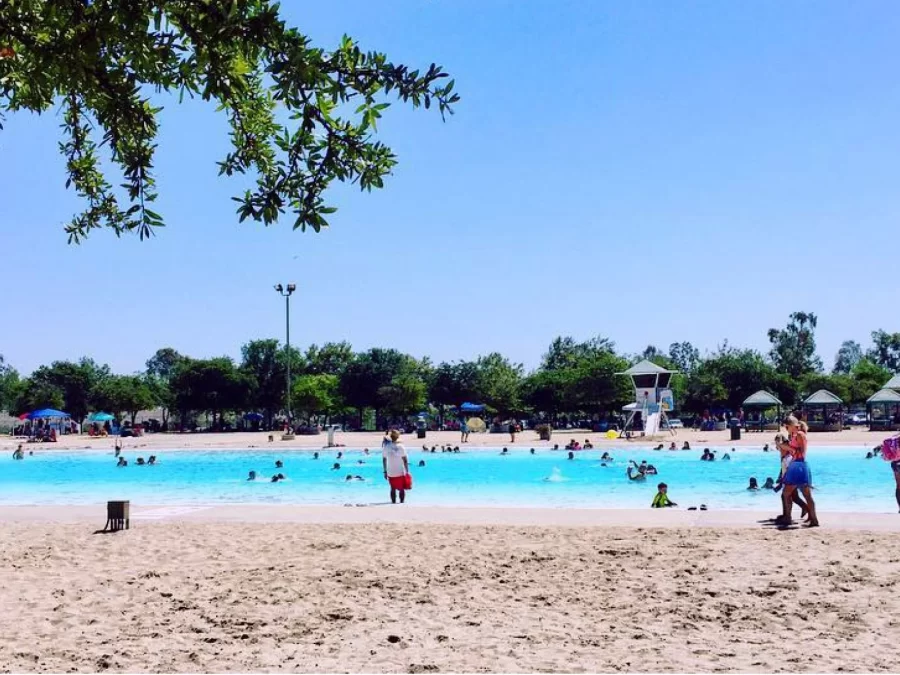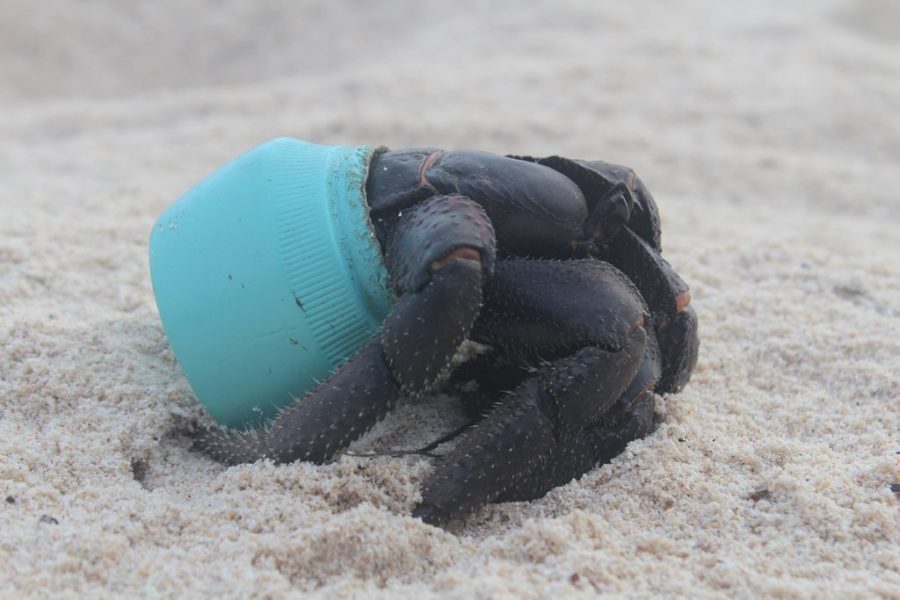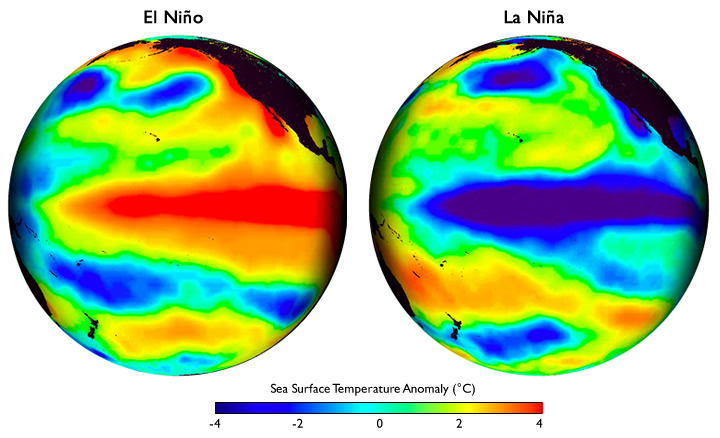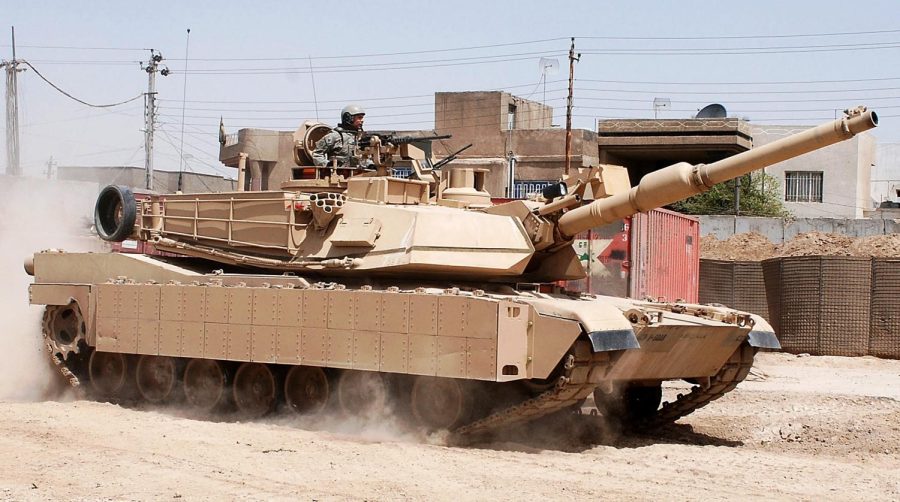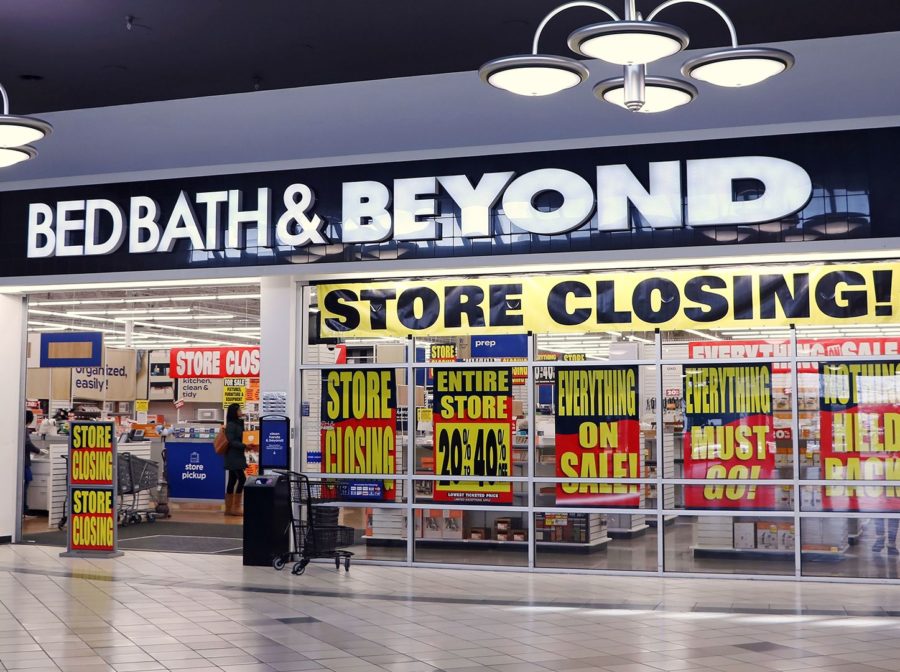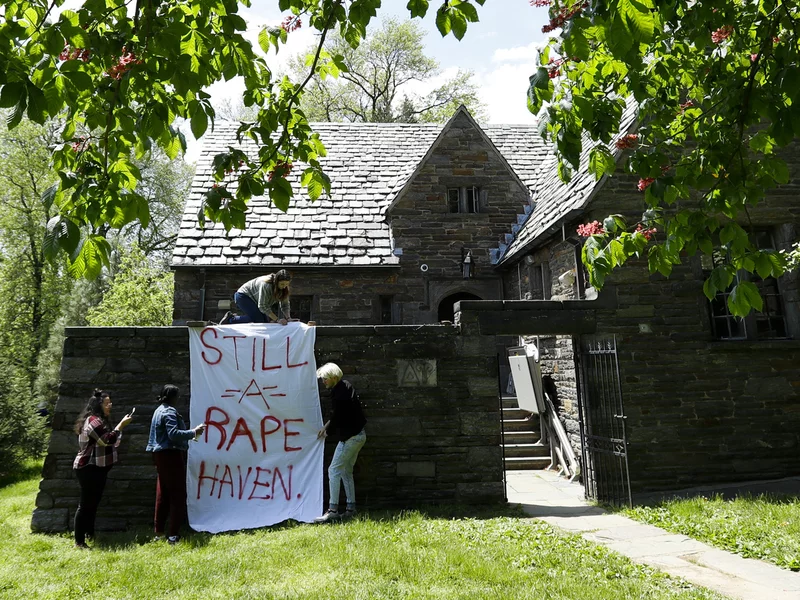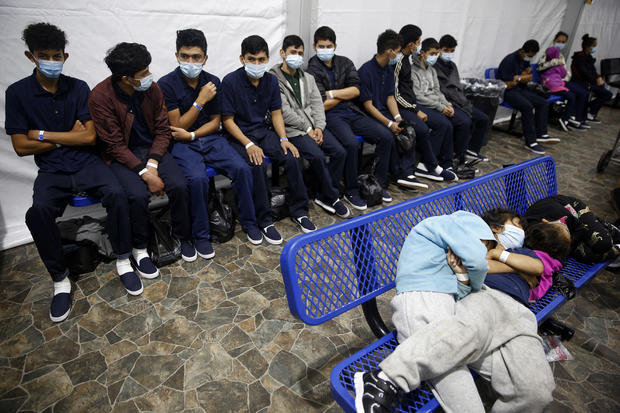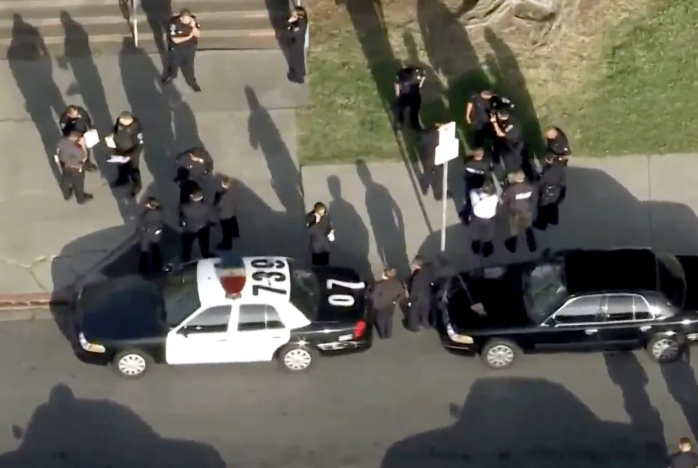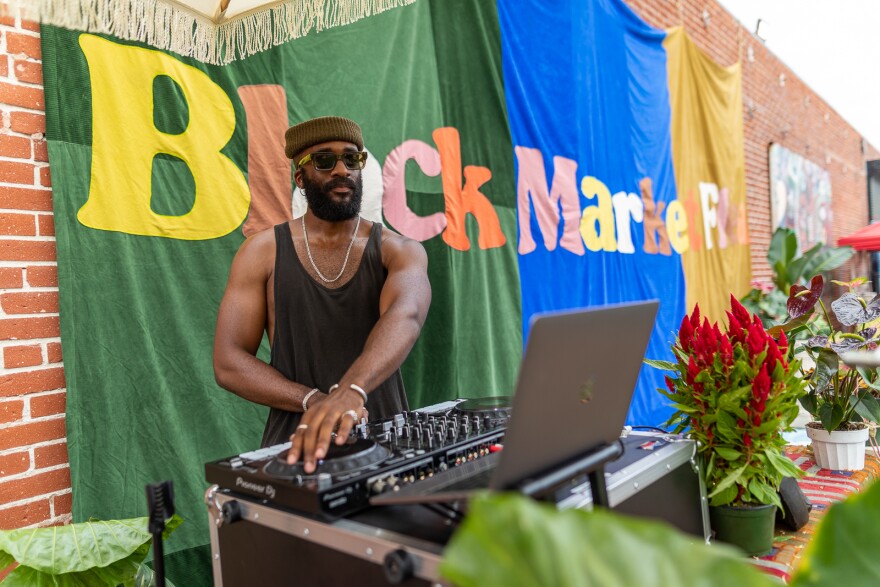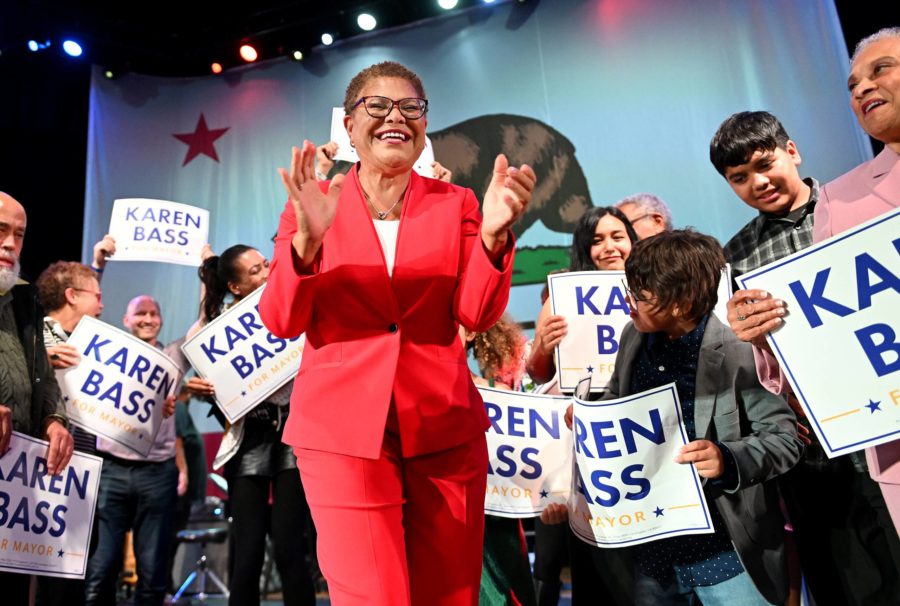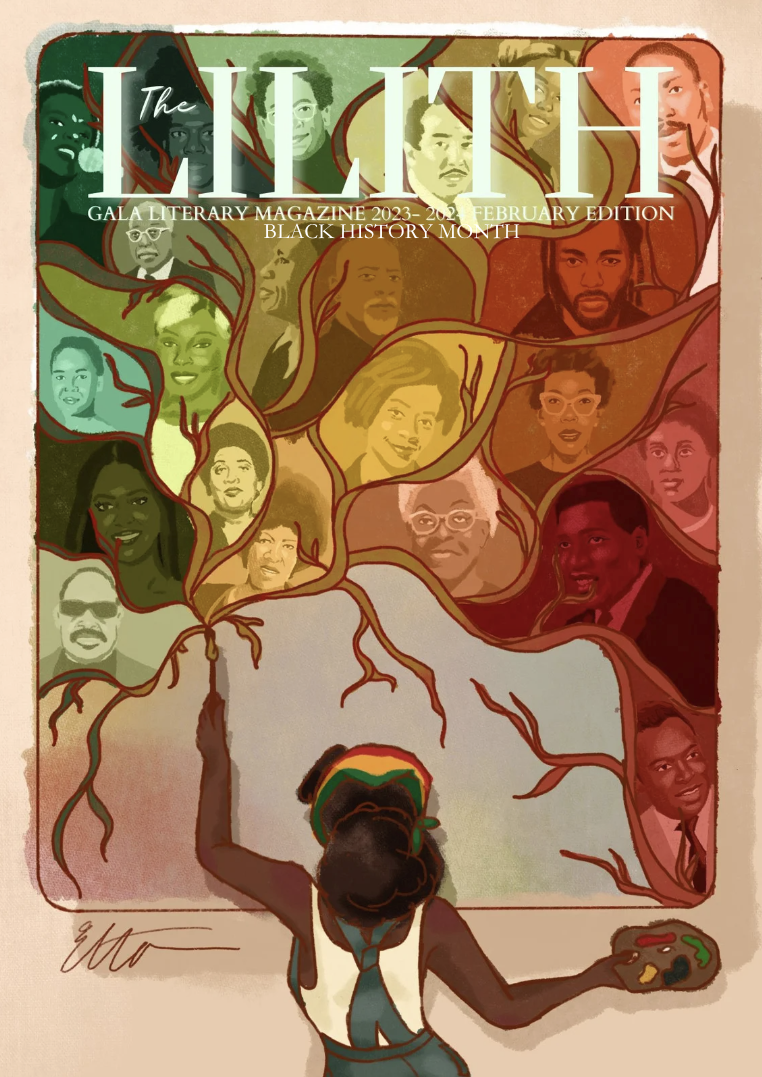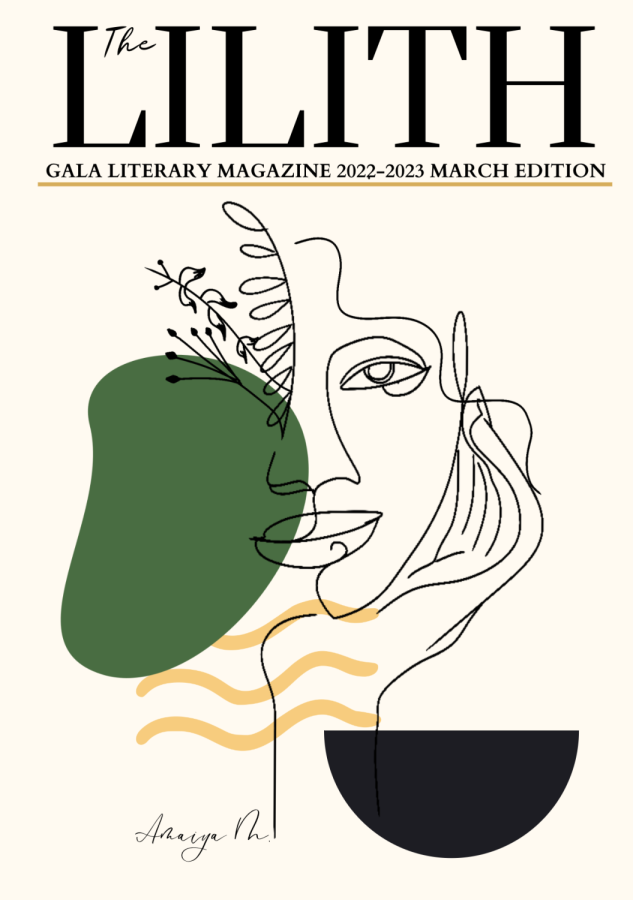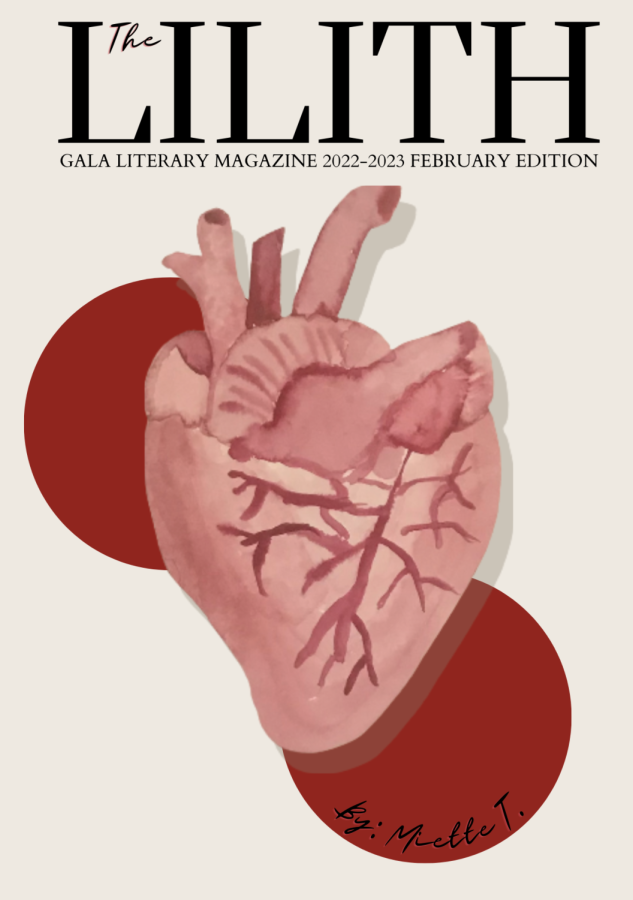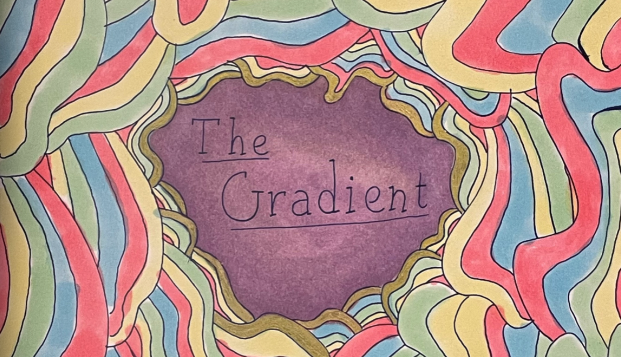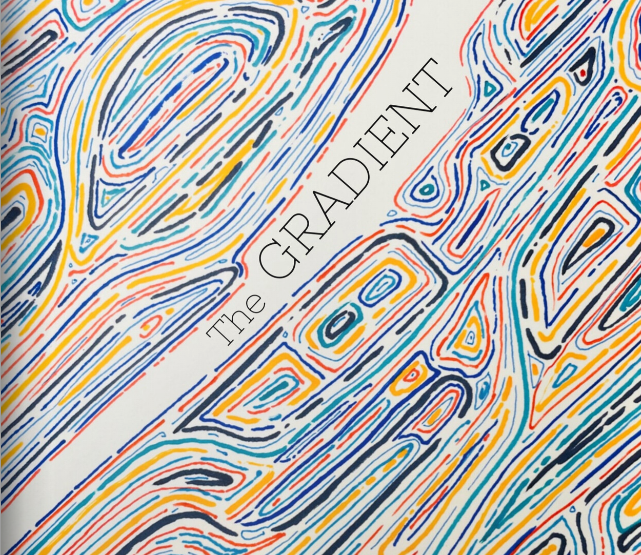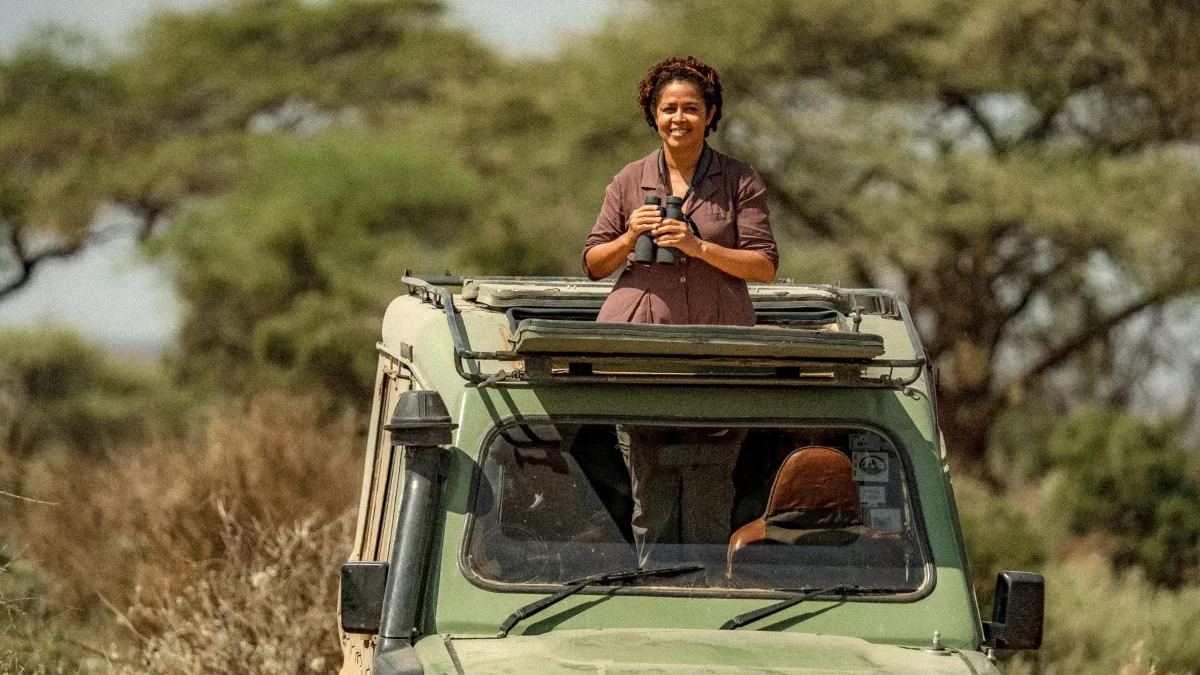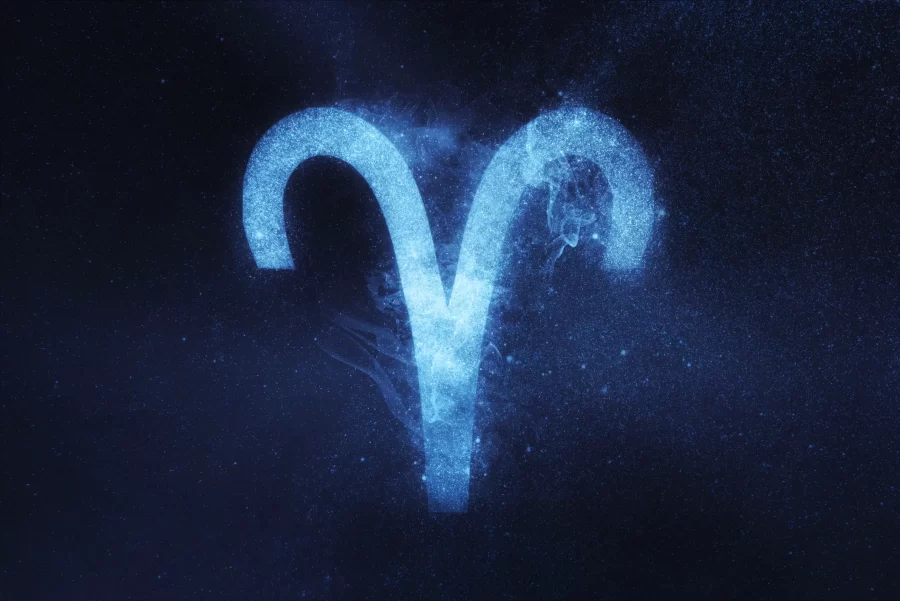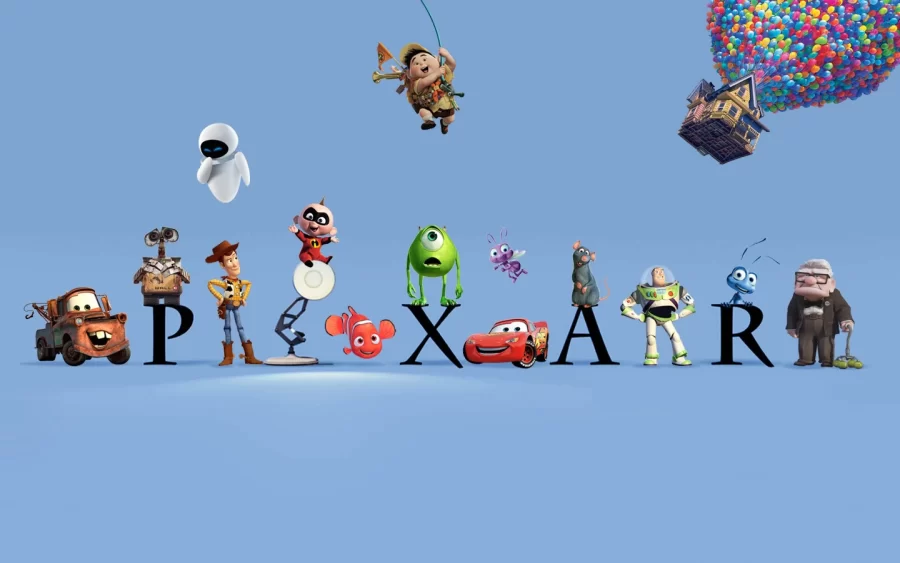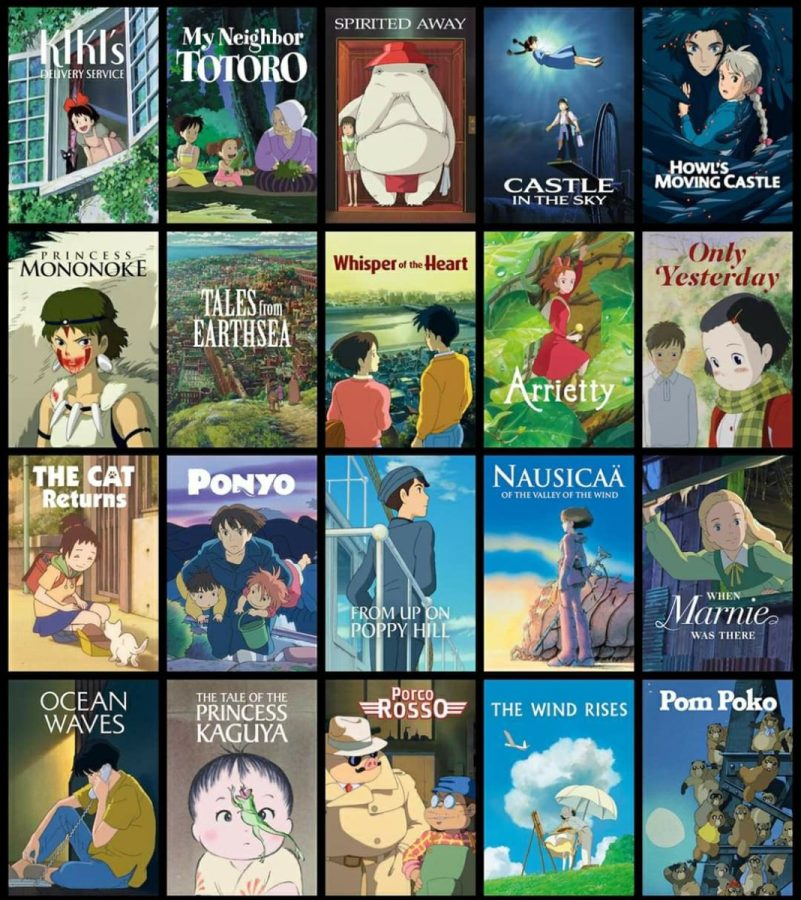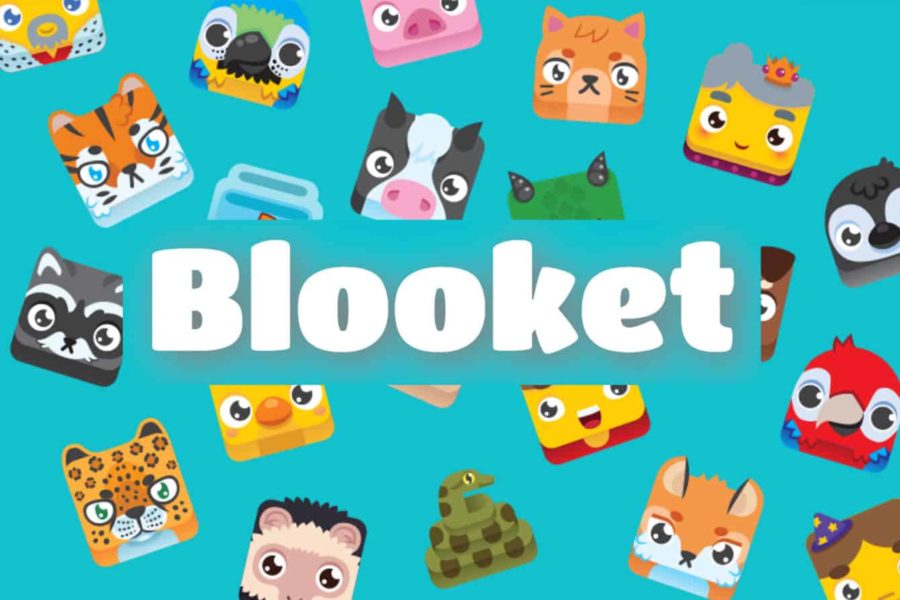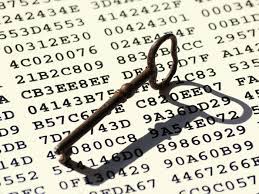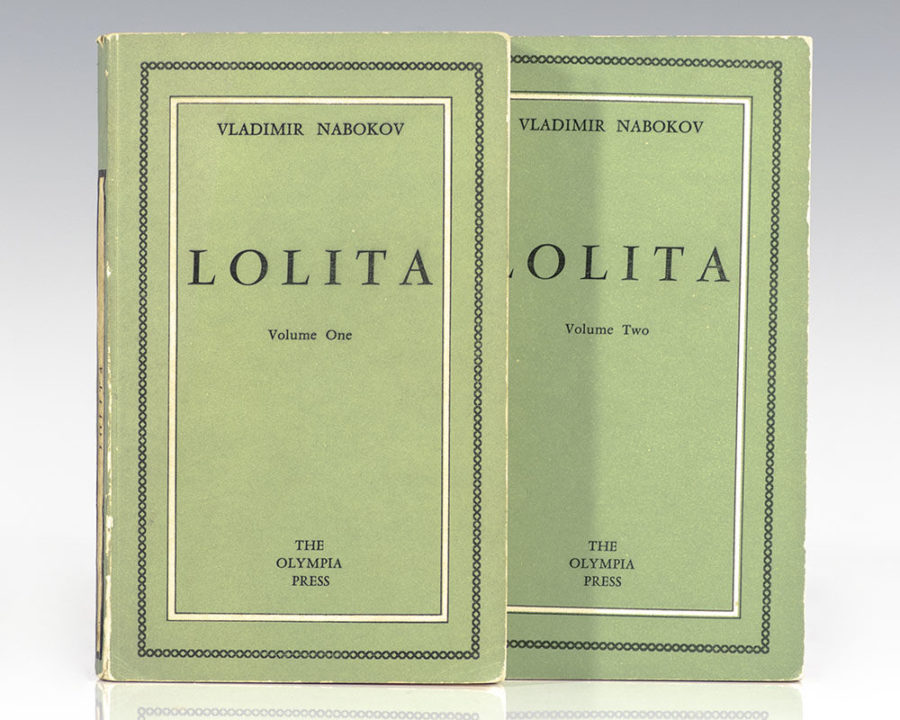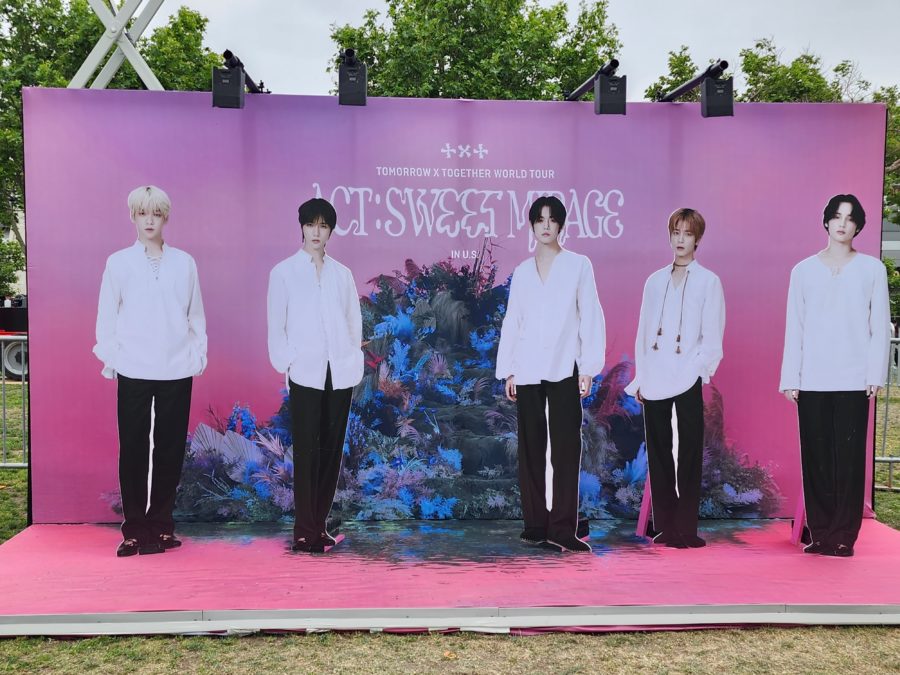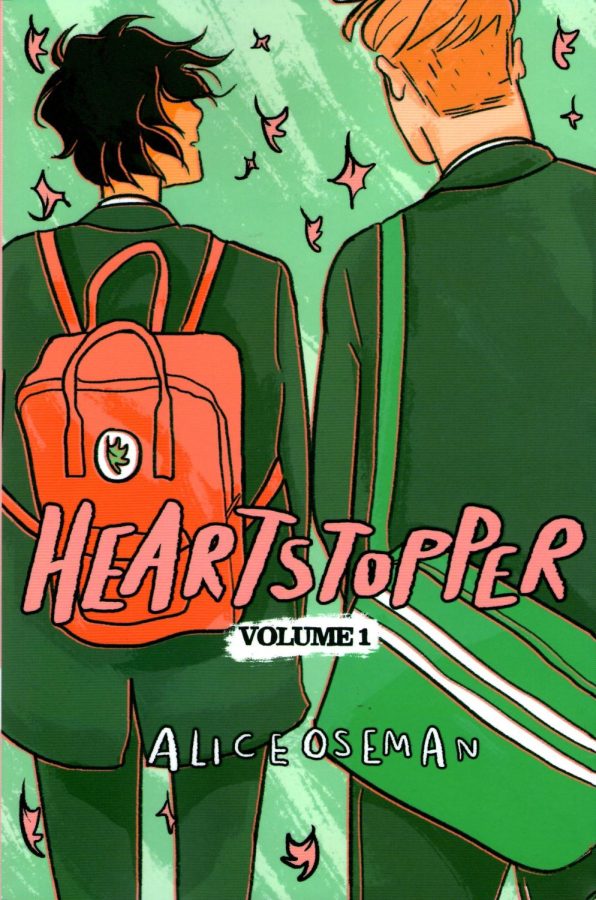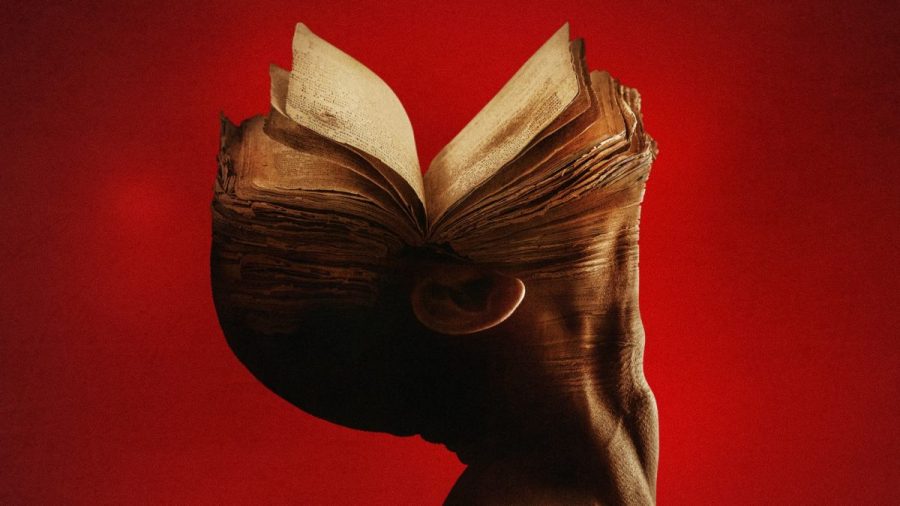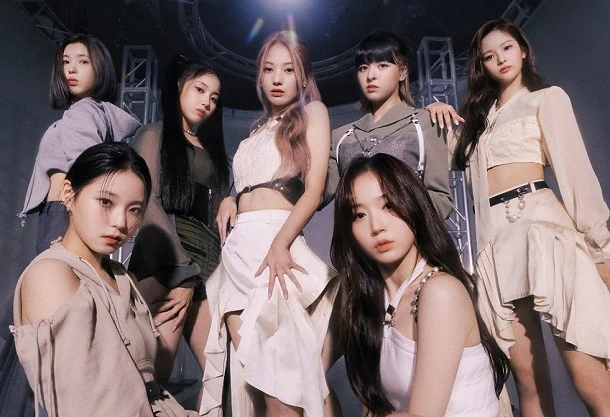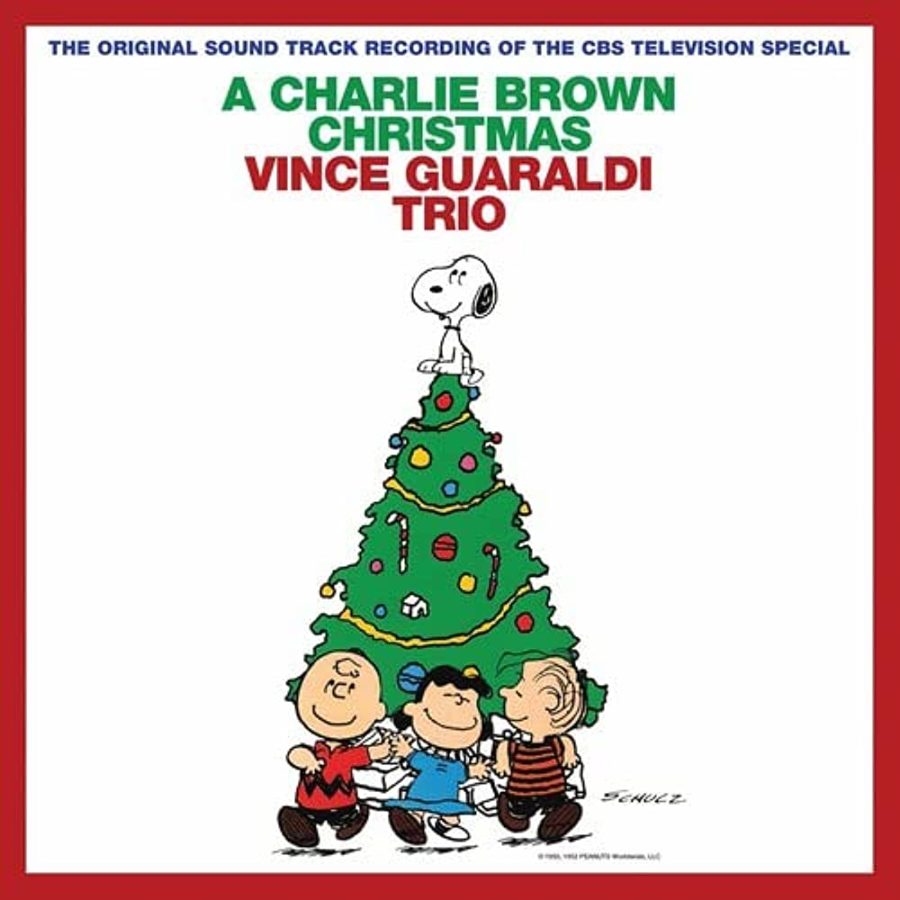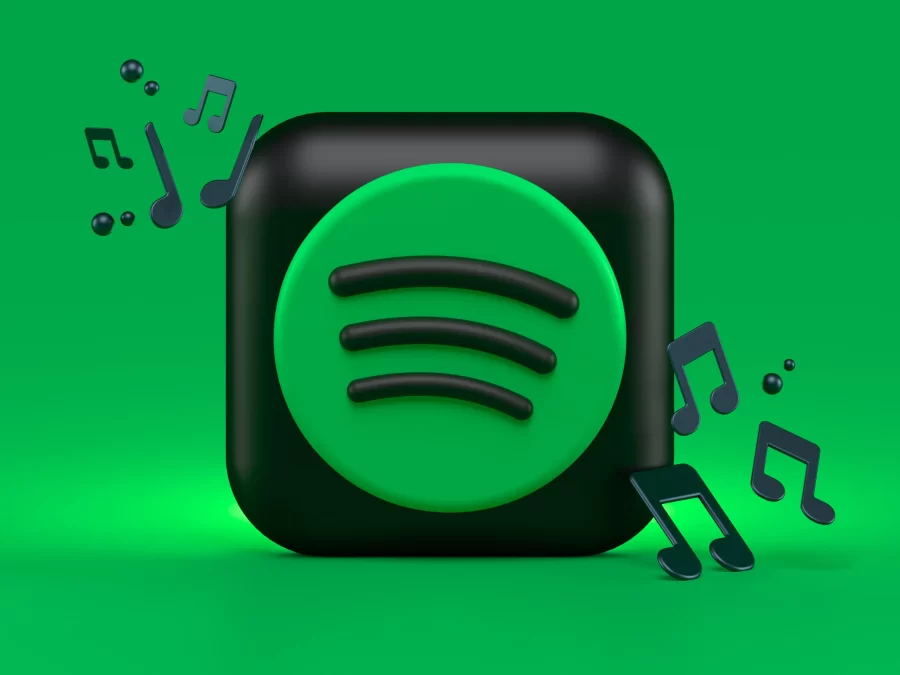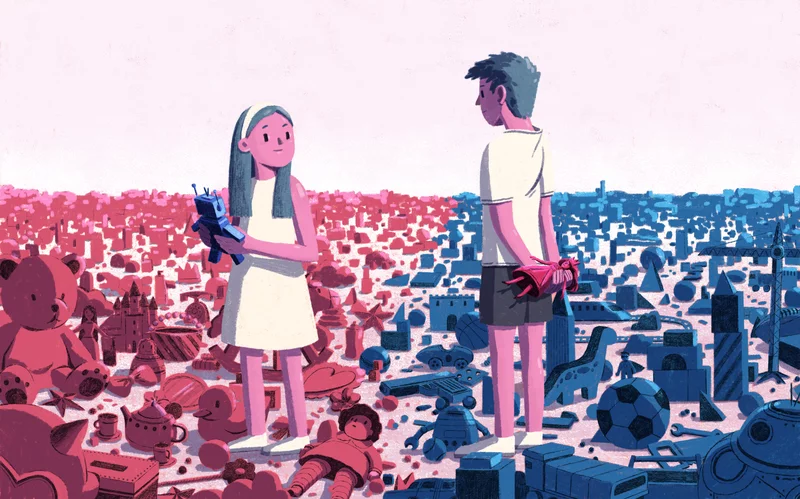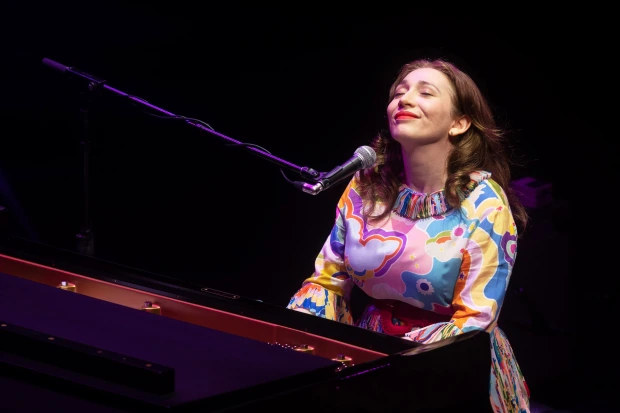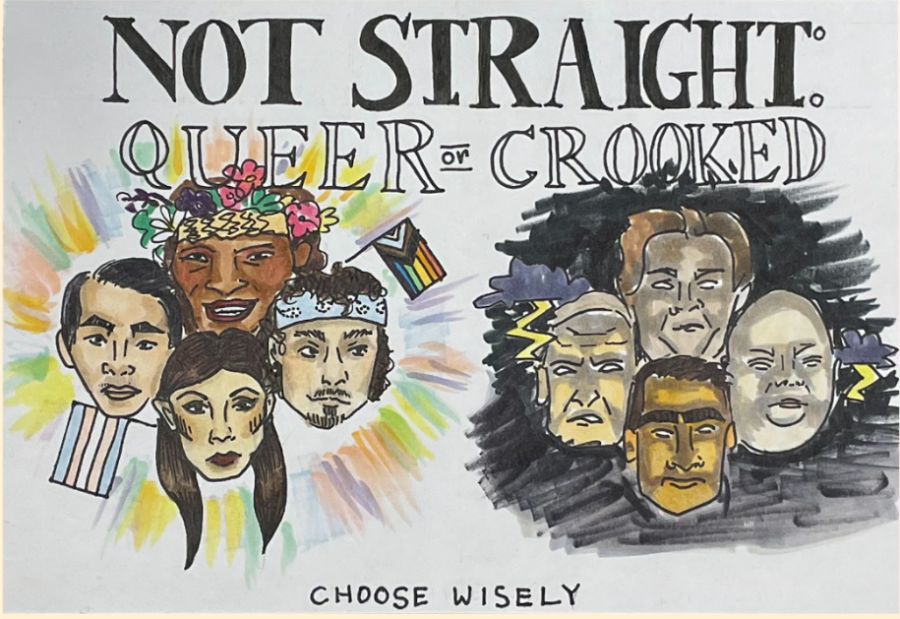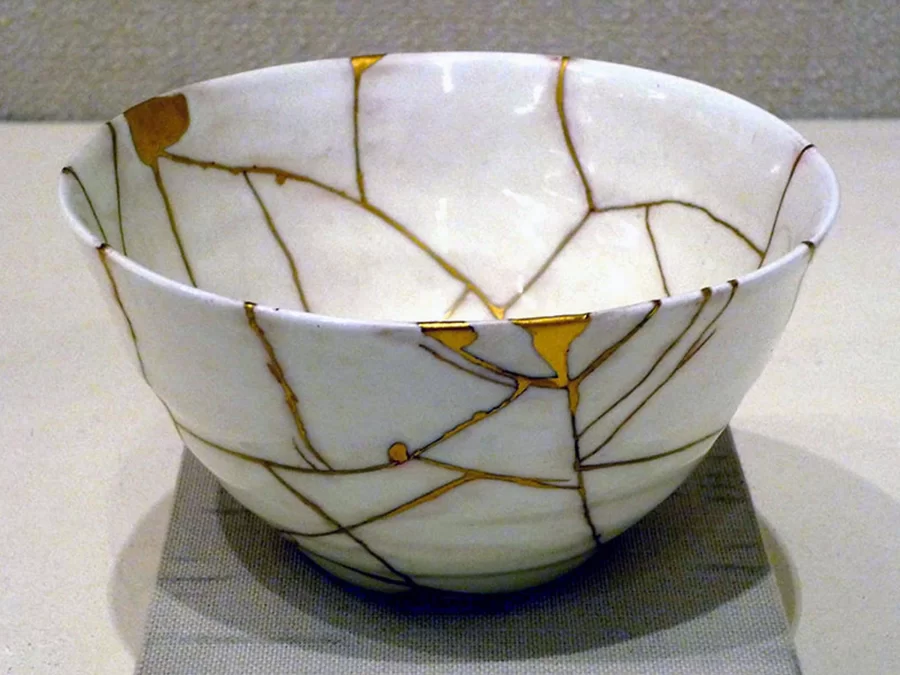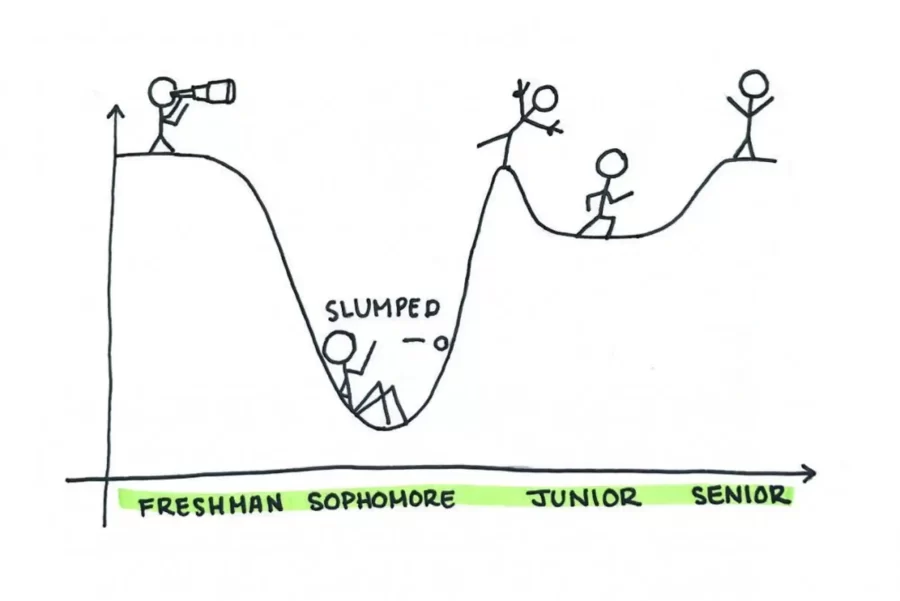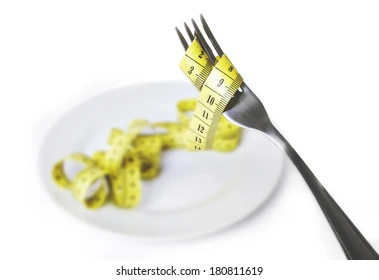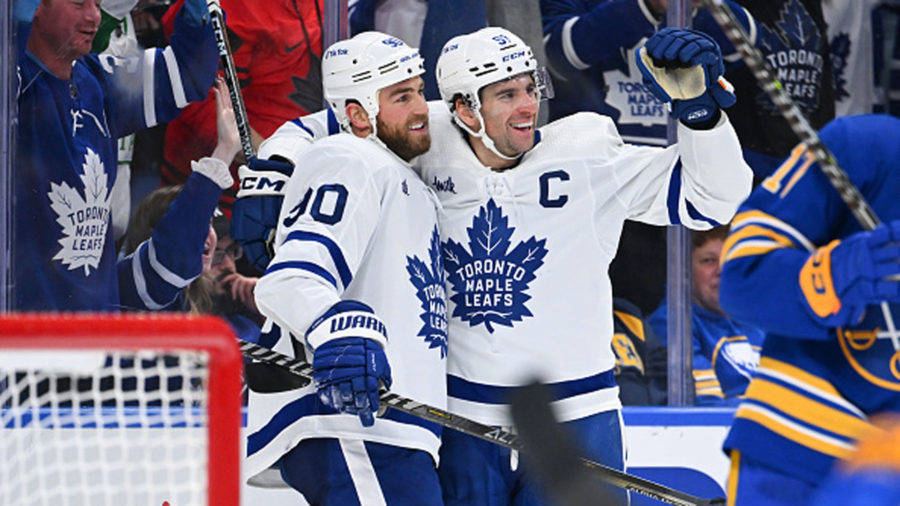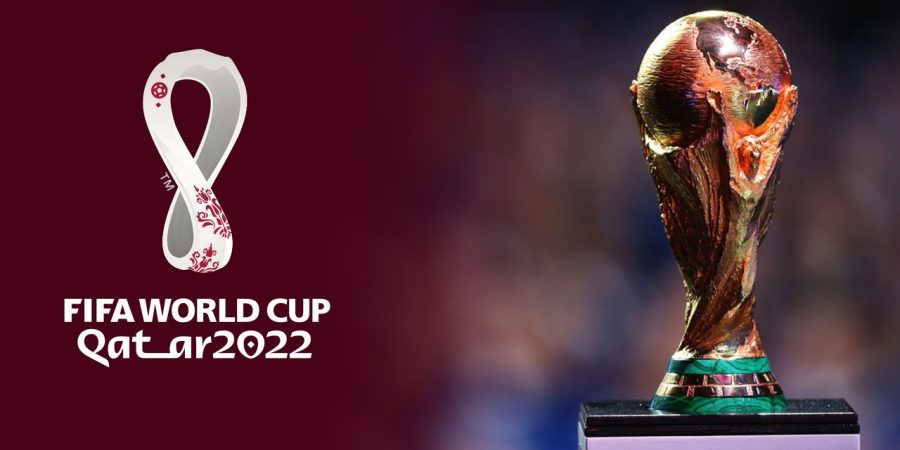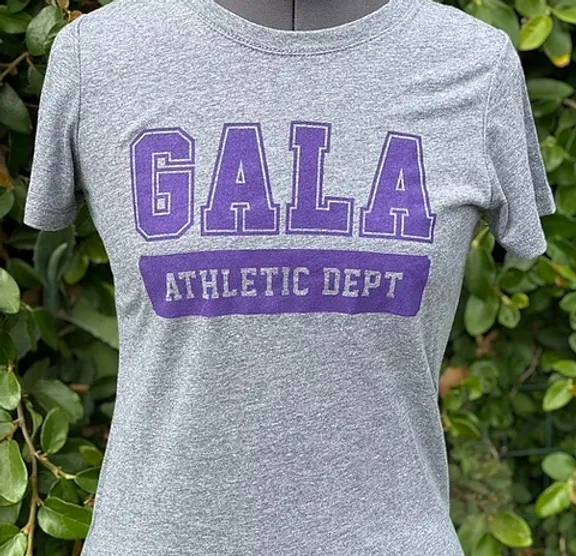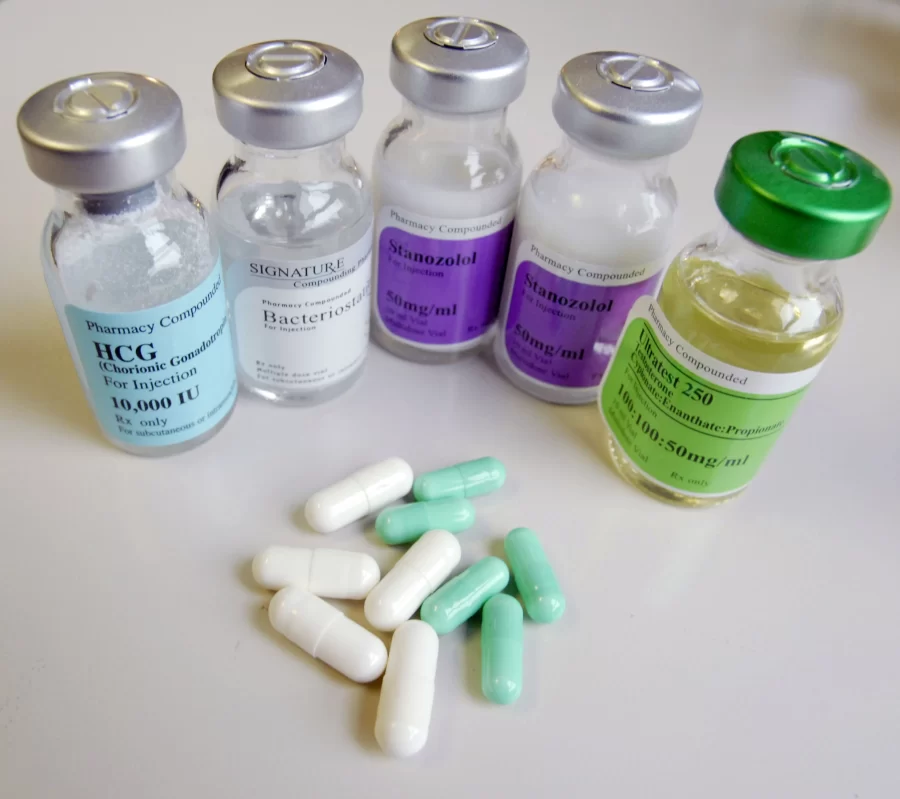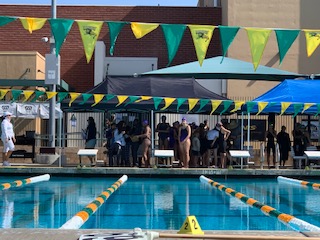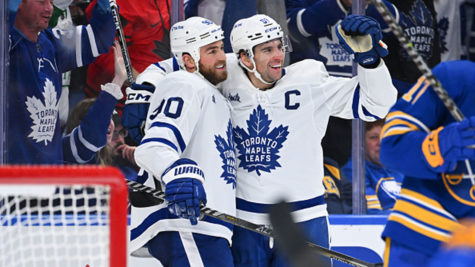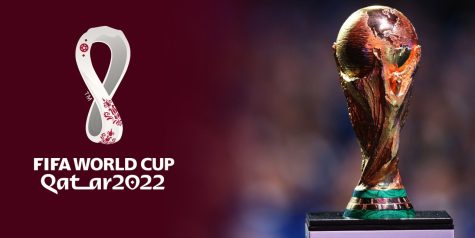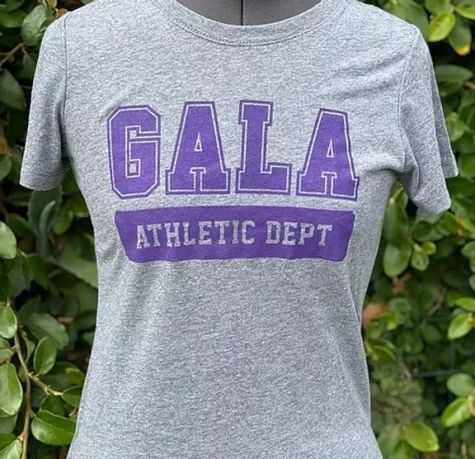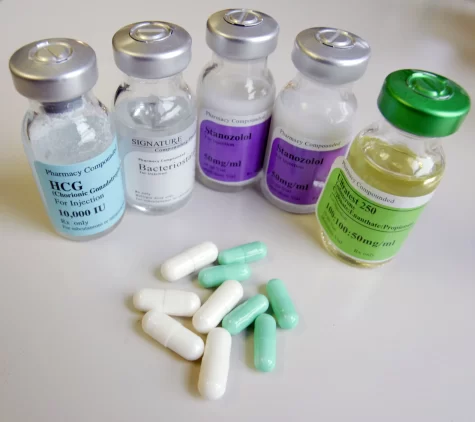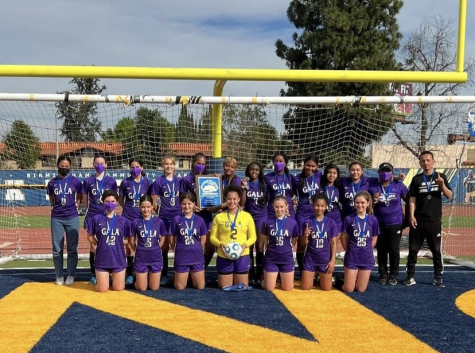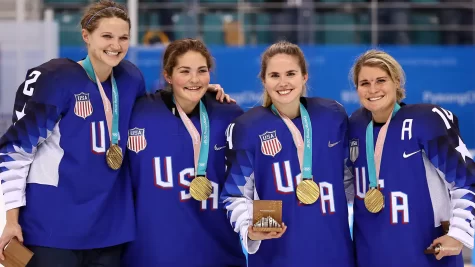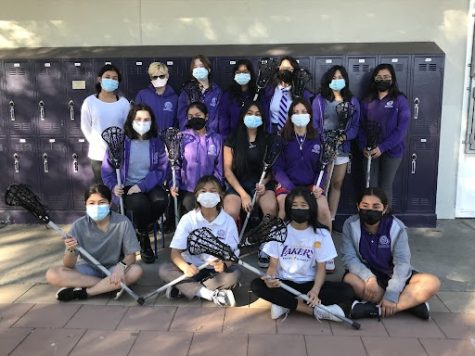Pro Athletes Decline Vaccination
COVID-19 vaccines have been scientifically proven to make a difference. They slow the spread of this virus and, if you do catch it, the vaccine lessens the severity of the illness. Some choose not to get vaccinated, but that’s no new debate. It’s a polarizing topic not only in the U.S. but internationally. So, what are the implications of being unvaccinated and taking that stance as a team player versus an individual athlete? Furthermore, what are the consequences of being unvaccinated in the greater scheme of things as a professional athlete, regardless of the sport?
Aaron Rodgers is the quarterback for the Green Bay Packers. To give you an idea of his popularity, the Packers have the best record in their league, the National Football Conference North (NFC), currently with 13 wins and 4 losses. In November, it came out that Rodgers was not vaccinated after he tested positive for COVID-19. Previously, he had told the media that he had been “immunized” against the virus. As protocols require, Rodgers was isolated for two weeks, which led him to miss a game. The Packers put in rookie Jordan Love, who had never started a professional football game prior to this, in place of him. They lost that game. Many argue they lost because they used someone they never would’ve put in if not for Rodgers’ absence. This was a consequence of being unvaccinated–to say nothing of the immense danger of potentially spreading the virus to those around you.
“A team is only as strong as its weakest link.” That’s what we’re told growing up; be it your first t-ball game or your varsity championship. Cheesy, yes, but true. That’s what a team sport is. One individual’s choice not to get vaccinated ended up affecting a team of 53 players, 15 head coaches, and multitudes of other contributing members working for the betterment of the team. But what about a sport that doesn’t require so many people? Are the consequences different? Are they treated differently?
There’s a lot of controversy surrounding professional tennis player Novak Djokovic at the moment. He’s ranked as the number one player in the world by the Association of Tennis Professionals and has won the Grand Slam 20 times. On Dec. 16, 2021, he tested positive for the coronavirus. The next day, he participated in an interview and media shoot, according to BBC News. He is unvaccinated. When confronted, Djokovic claimed he didn’t know he was positive at the time, but in a later news conference with his family, his brother explained that Djokovic was made aware of his results on Dec. 16, the day he was tested. In response to the exposure of this misinformation, he told reporters “I didn’t want to let the journalist down.” Djokovic faced fines, exclusion from major games, deportation from Australia, and a great deal of criticism from the public and media. But, at the end of the day, he’s just one guy. He didn’t get vaccinated and directly, because tennis is a relatively solitary sport, his losses are all his own.
But this isn’t about Djokovic or Rodgers specifically. The significance of talking about these two fully separate athletes is to highlight the disparity between the way athletes are treated in the sports world and in the real world. Some argue that this is about the greater issue of continuing to treat celebrities as though they are “above” rules and regulations, and how that can only further instill a sense of superiority and carelessness. Sure, both Rodgers and Djokovic dealt with the ramifications of being unvaccinated, but is it enough to actually change anything? This pandemic is not over. To the relief of many, Djokovic is facing the consequences of his arguably irresponsible actions. His Australian visa was revoked on Jan. 14, and he will not be able to play in the Australian or French Opens. Aaron Rodgers paid a price for his choice not to get the shot as well. But both of these athletes remain unvaccinated. They were forced to confront their mistakes, but nothing has changed. So, what now?
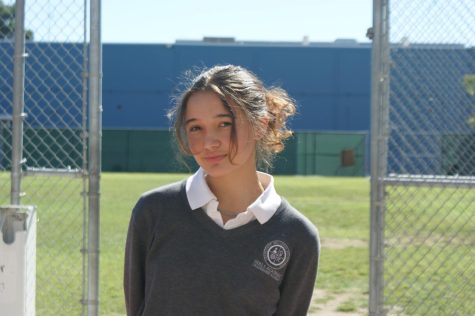
Mae D. is a current junior at GALA. This is her second year at The Echo, and though she was the Sports Editor last year, she is excited to be...
